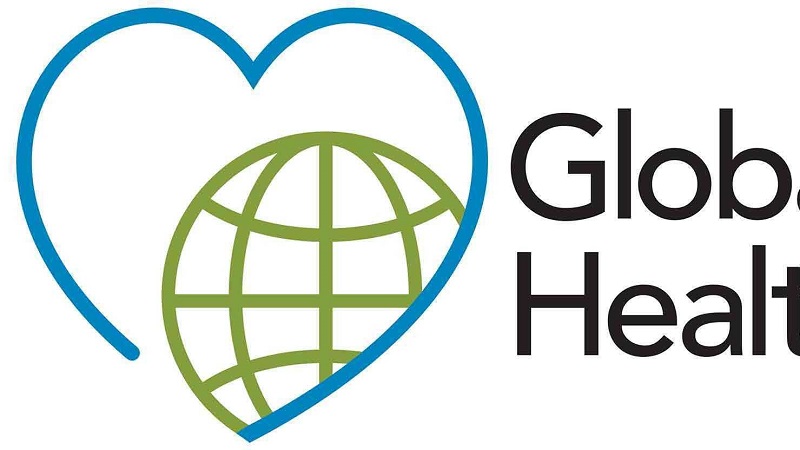Across the world, health issues are causing major social and economic challenges. These challenges are common to all socioeconomic levels. They require alliances of different perspectives to solve them.
As a result, advocates for global health must work across disciplines to address the issues and find solutions. This requires a deep understanding of health from multiple intellectual and political standpoints. To achieve this, the definition of global health must be more than a simple definition. In addition to the definition itself, it must be clear how global health is to be engaged with economic globalisation norms.
The emergence of the term “global health” is accompanied by increased awareness of the shared responsibility for inequalities and vulnerabilities. In addressing these issues, global health professionals must work across the health care sector, a sphere that is particularly vulnerable to insecurity. For example, the World Health Organization (WHO) has recorded over 300 attacks against healthcare workers and hospitals. The loss of human capital has severely weakened health services in affected countries.
The United States is a leading donor of global health efforts. These efforts are focused on preventing child and maternal deaths, combating infectious diseases, and promoting stability in communities. Many of these programs are implemented through the United States Agency for International Development (USAID). These efforts have saved lives for more than 50 years. They have also advanced the security of the U.S. The programs are based on investments in health systems strengthening.
The World Health Organization has been one of the most prominent agencies working to advance global health. It brings together more than 150 countries to collaborate on issues related to global health. It is the closest institution to an arbiter of the concept of global health. However, there are also several other organizations with a similar role.
The United States Agency for International Development (USAID) is also an important leader in global health. These programs are focused on promoting stability in nations and controlling the HIV/AIDS epidemic. They are also concerned with reducing the incidence of chronic diseases. A number of these initiatives are implemented through bilateral programs that involve a variety of U.S. agencies. In addition, the Congress of the U.S. has passed legislation to fund global health.
A special session was held during the 2019 GHRP Editorial Board Meeting in Wuhan, China. The session included a brief review of previous work on the topic and a free brainstorming session. The authors addressed a variety of topics, including media coverage of health research, vaccinations, antimicrobial resistance, health coverage, and climate change. The session concluded with a summary co-led by Drs. Xinguang Chen and Hao Li.
The goal of global health is to provide comprehensive solutions to the world’s most pressing health problems. These solutions include laws, policies, partnerships, frameworks, and other means. These solutions can be achieved through education, training, publishing, and other forms of knowledge sharing. These goals are formulated by faculty members specializing in global health, as well as students pursuing a degree in global health.





